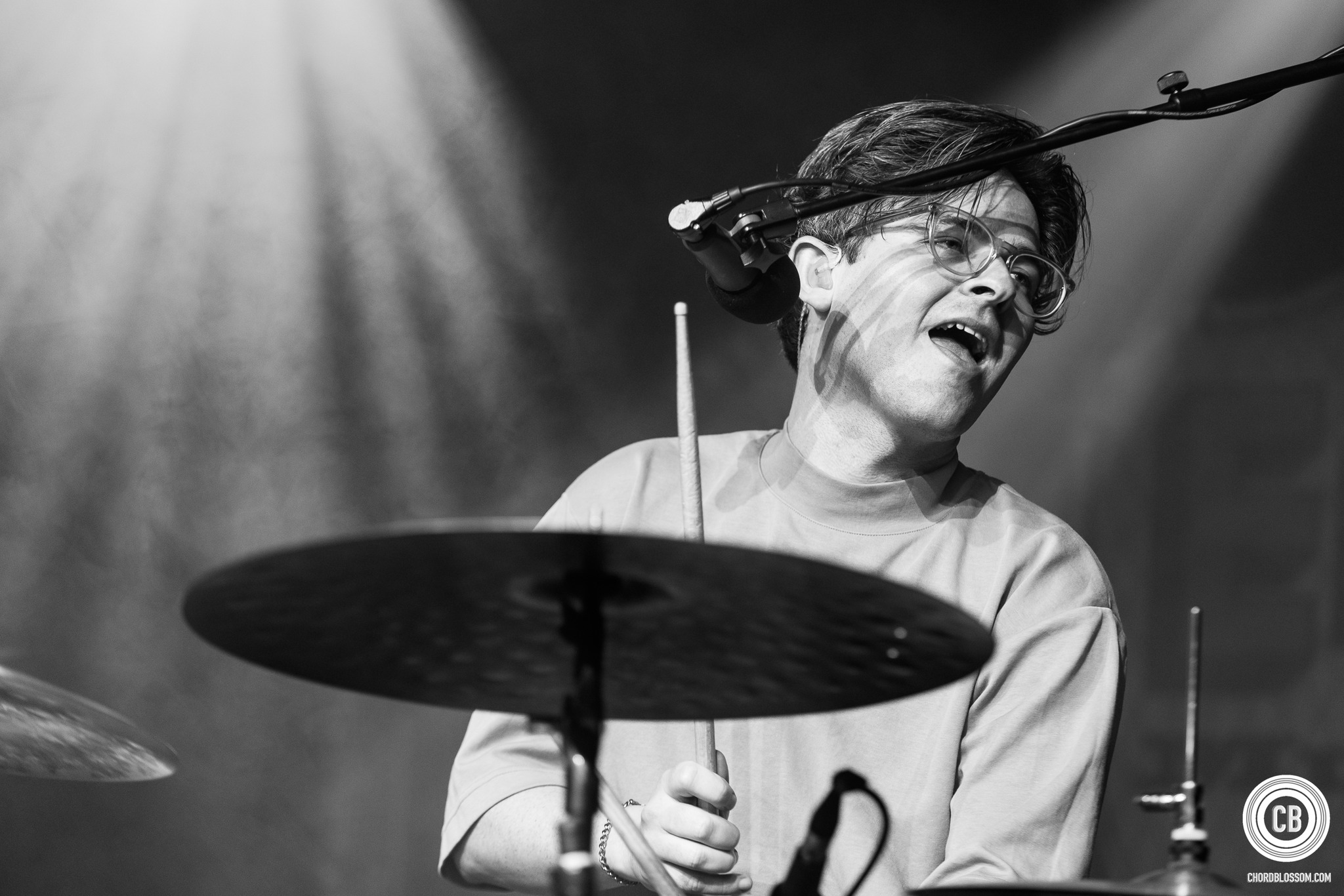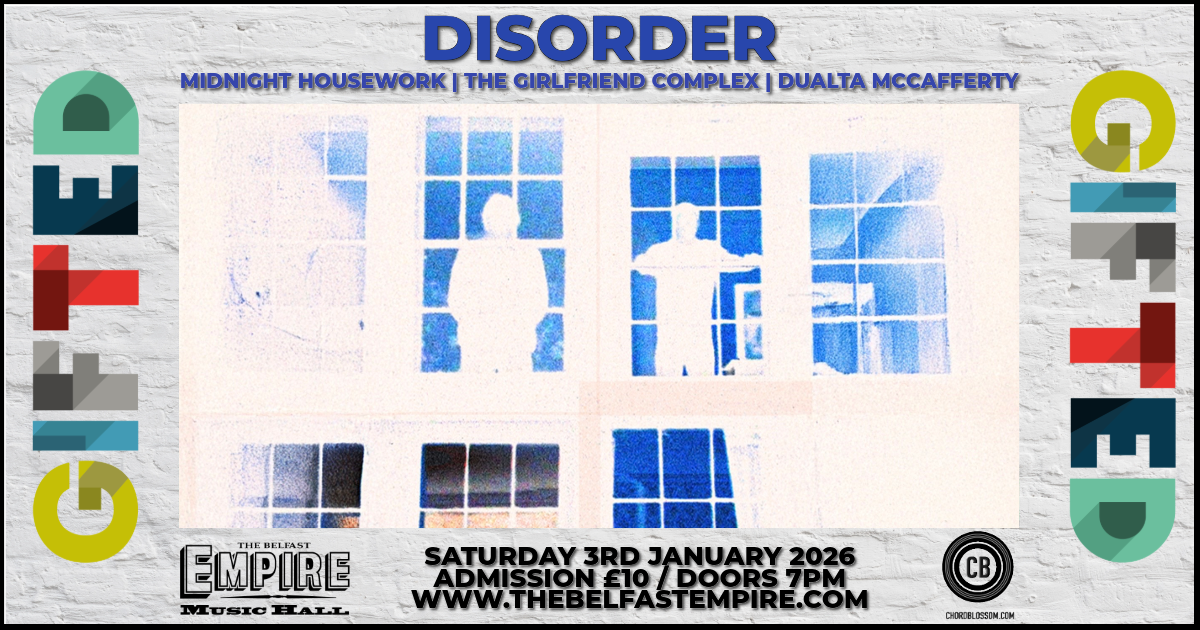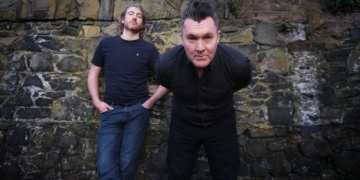Existential anxiety punctuates Living Isn’t Easy like rain punctuates a Northern Irish summer; it’s not always present but it’s never too far away.
Using a limited range of sounds and effects on the recording this is a conscious effort to try to recapture the feel of the record being played (and recorded) live whilst also preserving hints of improvisation and being prepared to go with the flow. The band’s sound straddles jazz, pop and rock/post punk genres, moving effortlessly back and forth depending on the groove and where the tune is going at any particular point in time.
Themes come and go throughout, such as money, career, having family/children, accommodation, living arrangements, health, ambition, death and the occasional succulent pot plant concerns.
Robocobra Quartet aren’t technically a quartet, more a revolving (or evolving) line up of six musicians coalescing around the central core of Chris Ryan (Drums and vocals) with personnel coming and going with each tour or performance. Six musicians are credited on the album and apart from Ryan, these are Nathan Rodgers (Bass), Ryan Burrowes (Bass, Sampler, Keys), Tom Tabori (Soprano Sax, Sampler, Keys), Peter Howard (Tenor Sax, Alto Sax) and Thibault Barillon (Tenor Sax).
Opening the album with the slow burner that is ‘Flew Close’, the band set their stall out early. Chris Ryan’s hypnotic drums and spoken-word vocals take centre stage and are gradually complimented by increasingly discordant sax overlaid with samplers/keyboards.
Following this up with ‘Wellness’, a tongue-in-cheek sideswipe at New Age and trendy tech approaches to coping with the stresses of life is an interesting choice. Wellness does sit apart from the more jazz-influenced tracks on the album and manages to sound like some pop hit from the 80’s or 90’s that you can’t quite remember the name of; yet the brief, piercing interlude of increased anxiety and discomfort that appears just before the end sets it apart as something unusual.
The lyrics and song structure rarely (if ever) fit into the familiar verse-chorus-verse structure) but the sense of narrative and progression are always present and the style and approach are not unlike tracks such as ‘Seen and Not Seen’ by Talking Heads from their seminal 1980 album Remain in Light. As the album progresses, Ryan’s voice seems to become more world-weary and exhausted.
The 9 minute-long ‘Chroma Sud’ is a journey in itself and kicks off with the repetitive phrase “Shit house, shit flat – got keys, got out.” But then transforms into something more chilled and melodic; ending with the more optimistic refrain “We’re through the worst of it now.” Chroma Sud, like several other tracks on the album offer moments of despair and doubt that suddenly transcend into movements that are joyous and uplifting with Plant being another great example of this.
Robocobra Quartet manage to pull off a few nice tricks with this album; jazz that engages a wider audience without compromising their sound, delivering complex musings on big yet personal issues and making an album that deserves to be listened to in its entirety rather than in small, disconnected snippets.
Surely a contender for Northern Irish album of the year.








